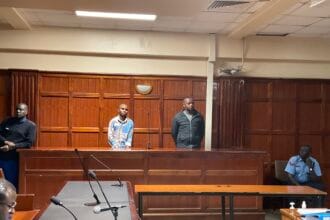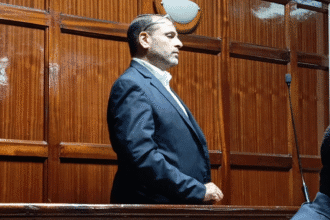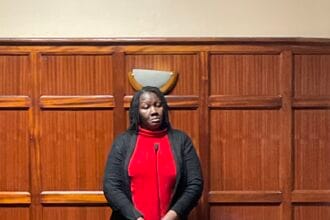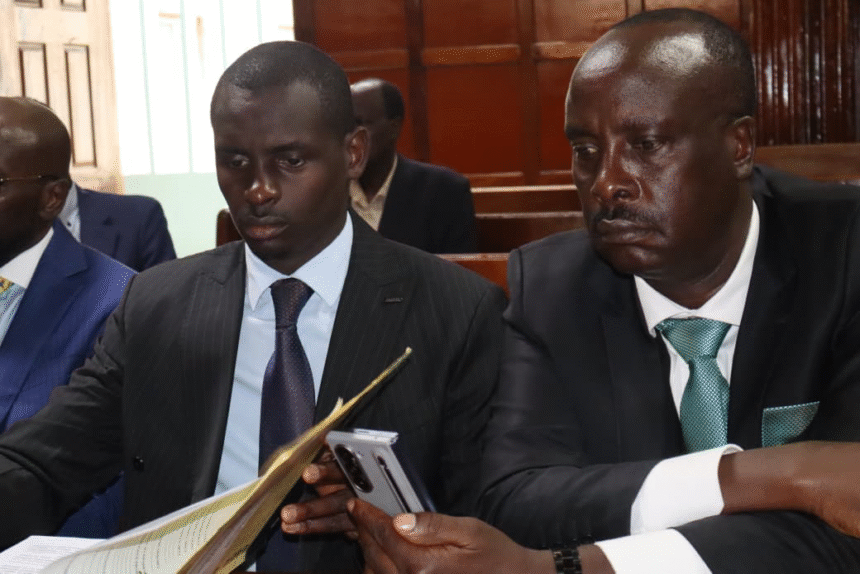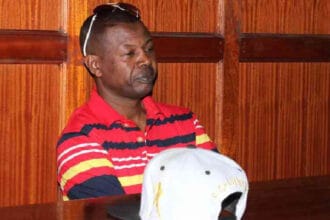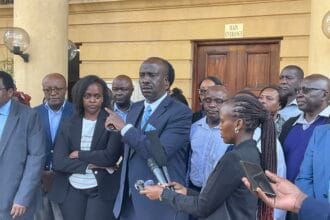The High Court has directed that an urgent application seeking to stop the upcoming police recruitment be heard tomorrow.
Justice Lawrence Mugambi of the High Court issued the directive after a joint appearance by all parties in the case.
The recruitment exercise is scheduled for Friday.
Lawyers Shadrack Wambui, Danstan Omari and Cliff Ombeta, for the petitioners Sheria Mtaani, urged the court to suspend the process.
They argued that constitutional issues around the exercise must first be resolved.
“Given the opportunity, we will prove to the court that we have a prima facie case,” Wambui told the court.
On his part, lawyer Paul Nyamodi, representing the National Police Service Commission, opposed interim suspension.
He said the proper course was to hear the application fully since no conservatory orders had been issued earlier.
“The petitioners before you have an application pending for conservatory orders. The proper direction is to hear it now,” Nyamodi argued.
Justice Mugambi ordered parties to exchange submissions by close of business today.
The case will be heard tomorrow at 10 a.m.
Separately, the Attorney General has opposed the petition’s attempt to strip Inspector General Douglas Kanja of payroll control.
In papers filed in court, the AG described the petition as speculative and lacking evidence.
The State insists that under Article 245 of the Constitution, the IG has independent command of the police, including payroll.
Payroll, the AG argued, is linked to promotions, transfers and disciplinary action within the Service.
“The Inspector General, as the accounting officer of the Service, controls payroll matters and there is no constitutional basis to freeze him out of these duties,” the AG said.
According to the State, the Commission’s role is limited to recruitment, appointments and disciplinary control under Article 246.
The AG warned that transferring payroll to the Commission would destabilize the chain of command and breach the Constitution.
The petition is filed as Constitutional Petition No. E503 of 2025 before the Constitutional and Human Rights Division of the High Court.

